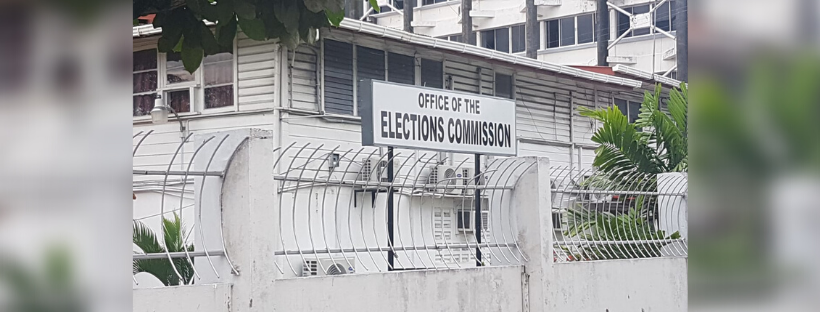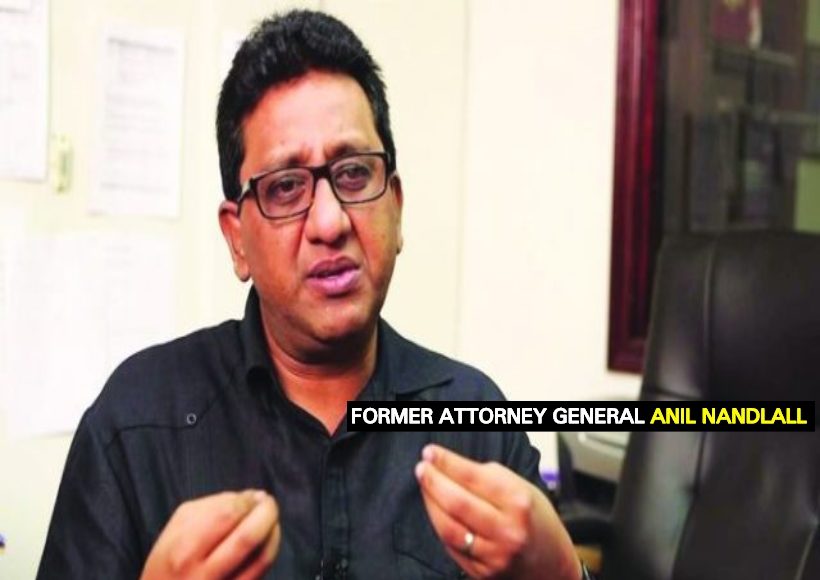Since the validation of the no-confidence motion by the Caribbean Court of Justice (CCJ) — which has now reduced the David Granger-led administration to caretaker status — the Parliamentary Opposition and other sections of society have been calling on Cabinet to resign.
Several members of Cabinet have posited a scenario: while ministers can resign to the president, to whom should the president — as the head of Cabinet — submit his resignation?
Using this argument, Minister of Public Security Khemraj Ramjattan said that the resignation of Cabinet after the government falls to a no-confidence motion can, therefore, be regarded as a “legal fiction”.
According to the editors of the Encyclopedia Brittanica, legal fiction is “a rule assuming as true, something that is clearly false. A fiction is often used to get around the provisions of constitutions and legal codes that legislators are hesitant to change or to encumber with specific limitations. Thus, when a legislature has no legal power to sit beyond a certain midnight but has five hours more of work still to do, it is easier to turn back the official clock from time to time than it is to change the law or constitution.”
However, former Attorney General Anil Nandlall says that Article 106 contains the way forward regarding the resignation of the President in his capacity as Chairman of Cabinet. In fact, he said that the article contains the way forward regarding the resignation of the entire Cabinet.
“There is still some doubt out there in people’s minds why the Cabinet must resign, and why [the] president as [the] Chairman of Cabinet must resign. And I hear people are asking to whom should resignations be submitted. Well, the answers to all those questions are contained in article 106,” he said.
Article 106 (2) states, “The Cabinet shall aid and advise the President in the general direction and control of the Government of Guyana and shall be collectively responsible therefore to Parliament.”
Nandlall said since the government was defeated in parliament by a no-confidence motion, it must submit its resignation to the National Assembly, a component of parliament.
“I don’t know what is so difficult to comprehend…If the Constitution says that they are responsible to parliament, then they must resign to the National Assembly because it was the National Assembly that passed the motion against them,” Nandlall said.
Meanwhile, calls continue to mount on the government for the cabinet to resign. These calls are being motivated by Article 106 (6), which states, “The Cabinet including the President shall resign if the Government is defeated by the vote of a majority of all the elected members of the National Assembly on a vote of confidence.”
Cabinet members have refused to resign based on advice from their legal expert, Minister of Legal Affairs and Attorney General, Basil Williams S.C.
Cabinet claims that article 106 (7) provides for their stance. This provision reads, “Notwithstanding its defeat, the Government shall remain in office and shall hold an election within three months, or such longer period as the National Assembly shall by resolution supported by not less than two-thirds of the votes of all the elected members of the National Assembly determine, and shall resign after the President takes the oath of office following the election.”













